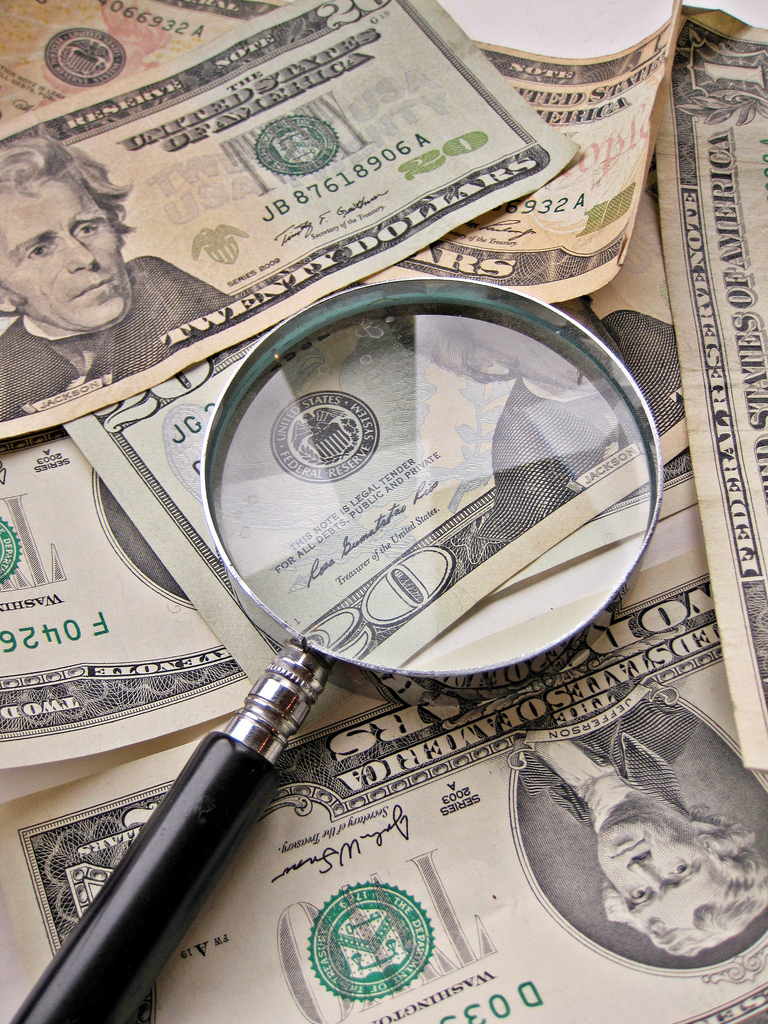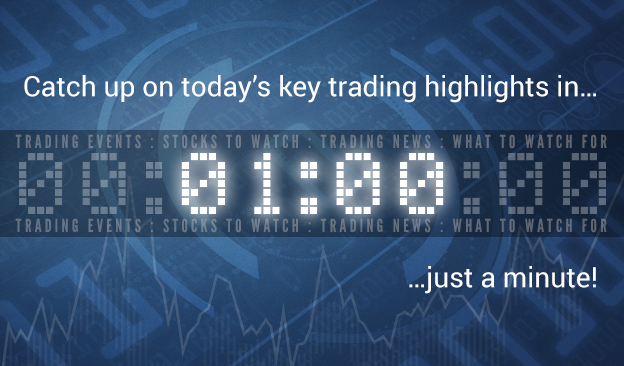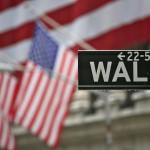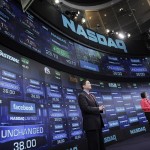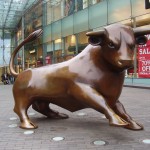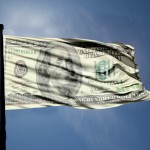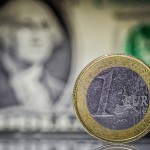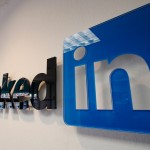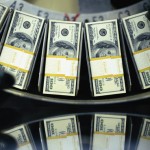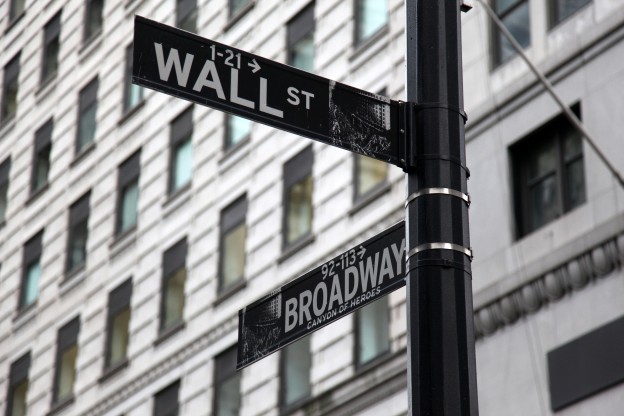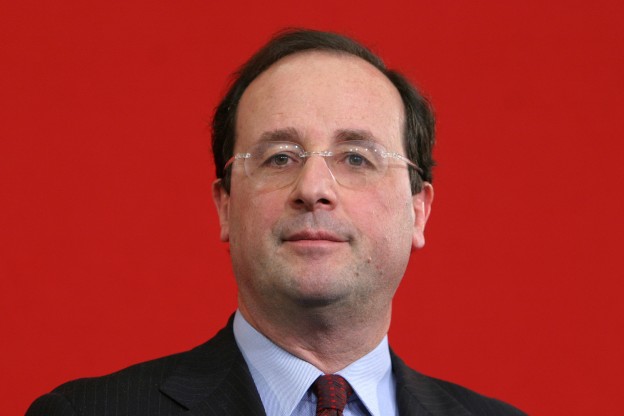When it comes to investing in companies, many investors get caught out because they mostly rely on share prices, which in themselves can be very misleading, rather than paying particular attention to what is going on with the company itself. For any trader it is a good idea to do your homework and investigate before you invest. Is the company doing well, is it good idea to buy shares now, or, if you are already a shareholder, is it advisable to sell? How do you know if a corporation or organisation is heading for failure?
There are usually warning signs if a company is sliding into a downward spiral - clues which can be observed and taken into account - the most obvious of which has to be falling revenues. If this happens as a one off it may not be significant, especially if it is linked to a turn of events in the economy. But if you start noticing a pattern of falling revenues over a period of time, with each quarterly review significantly worse than the last, this is evidence that things are not right. This goes hand in hand with growing losses, which occur when the company’s revenues are surpassed by expenditure. Again, if there is a consistent pattern of increasing losses, either through falling revenues or rising expenses, then this is a bad sign that it may be only be a matter of time before that company goes bust.
Another clue to look out for is if a company has to continually borrow money to sustain even its very basic operations; rising debt is a serious problem, which gets worse if a company has to approach the capital market in order to obtain funds to take care of its debt. If the company’s debt profile continues to increase with no sign of stopping, this is worrying. A company’s liquidity is important, because a decrease signifies that the company is running out of cash. Short-term loans can occasionally cover short terms of trouble, however, lenders will only give to companies they feel are credit worthy, therefore if a company is refused overdrafts or loan facilities, this is usually a red alert that all is not well with the company’s finances.
A sure sign that all is not well within the organisation is if there are arguments in the boardroom, particularly if a member of the financial team, such as the CFO, has resigned or been forced out. Investors should pay particular attention to whether there is something unlawful going on that is being objected to, or if there are internal rivalries and ceased communication - all of which are sure-fire negative signs. When information stops flowing, people avoid conversing; when decisions are made in secret, this is a clear tell-tale that things are in trouble. People mistrust official statements – that is when gossip begins to replace the facts… which is never a good thing.
It follows that lack of communication leads to increased isolation: people retreat into their own corners or cliques, often suspicious of others and unwilling to engage with them. Focus turns inwards, people stop looking at the bigger picture and external goals become lost. Criticism and blame increase, external forces are blamed, personal responsibility is avoided. Respect decreases, along with initiative, and subsequently aspirations diminish. People stop improving and instead simple settle for minimising risk. It is no wonder that negativity spreads. All of these are parts of a negative chain reaction, which drags a company into further decline and distress.
Whether a company is being affected detrimentally from internal or external sources, it is essential to pick up on the warning signs in order to avoid investing in a company which is heading for imminent and irreparable disaster.




